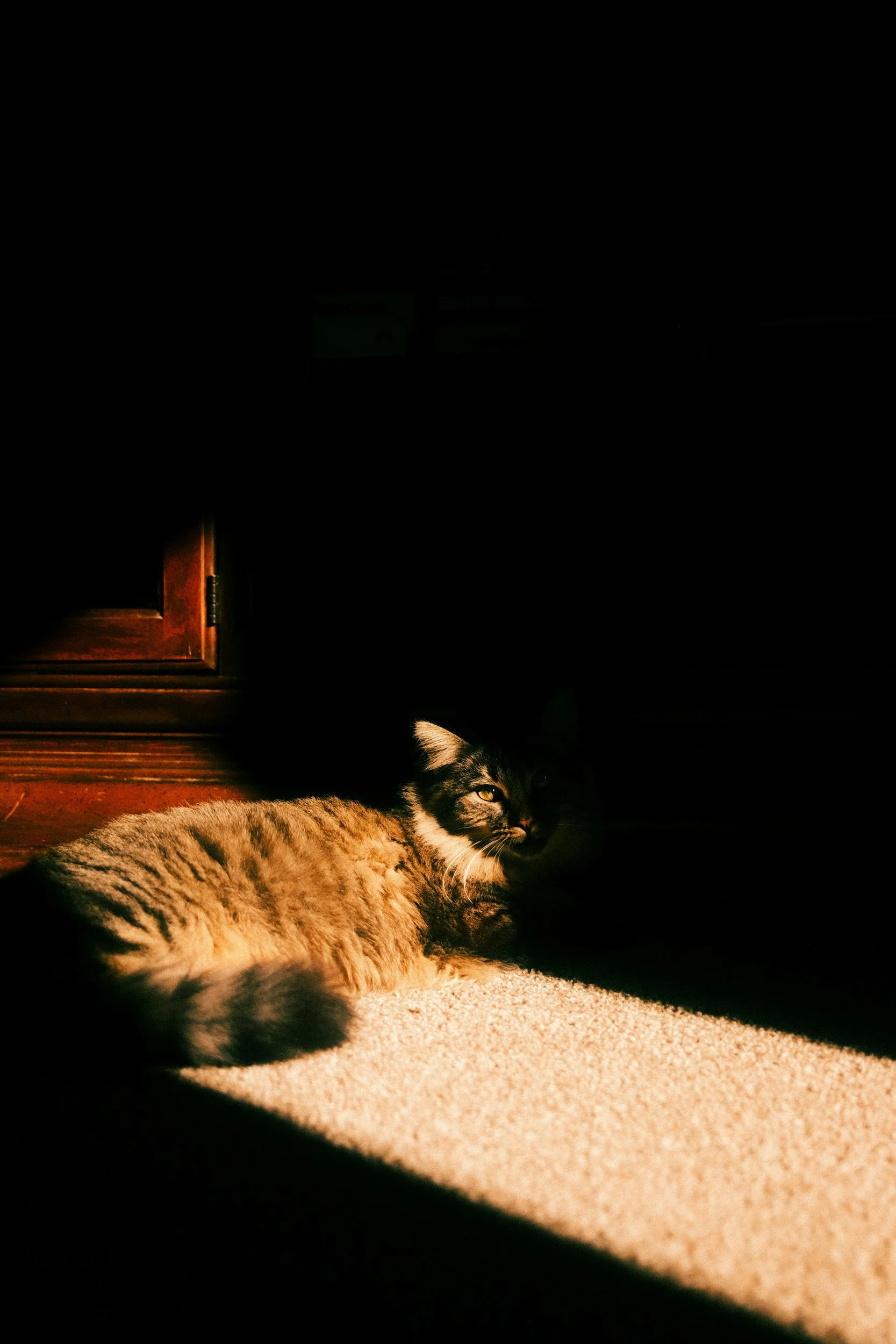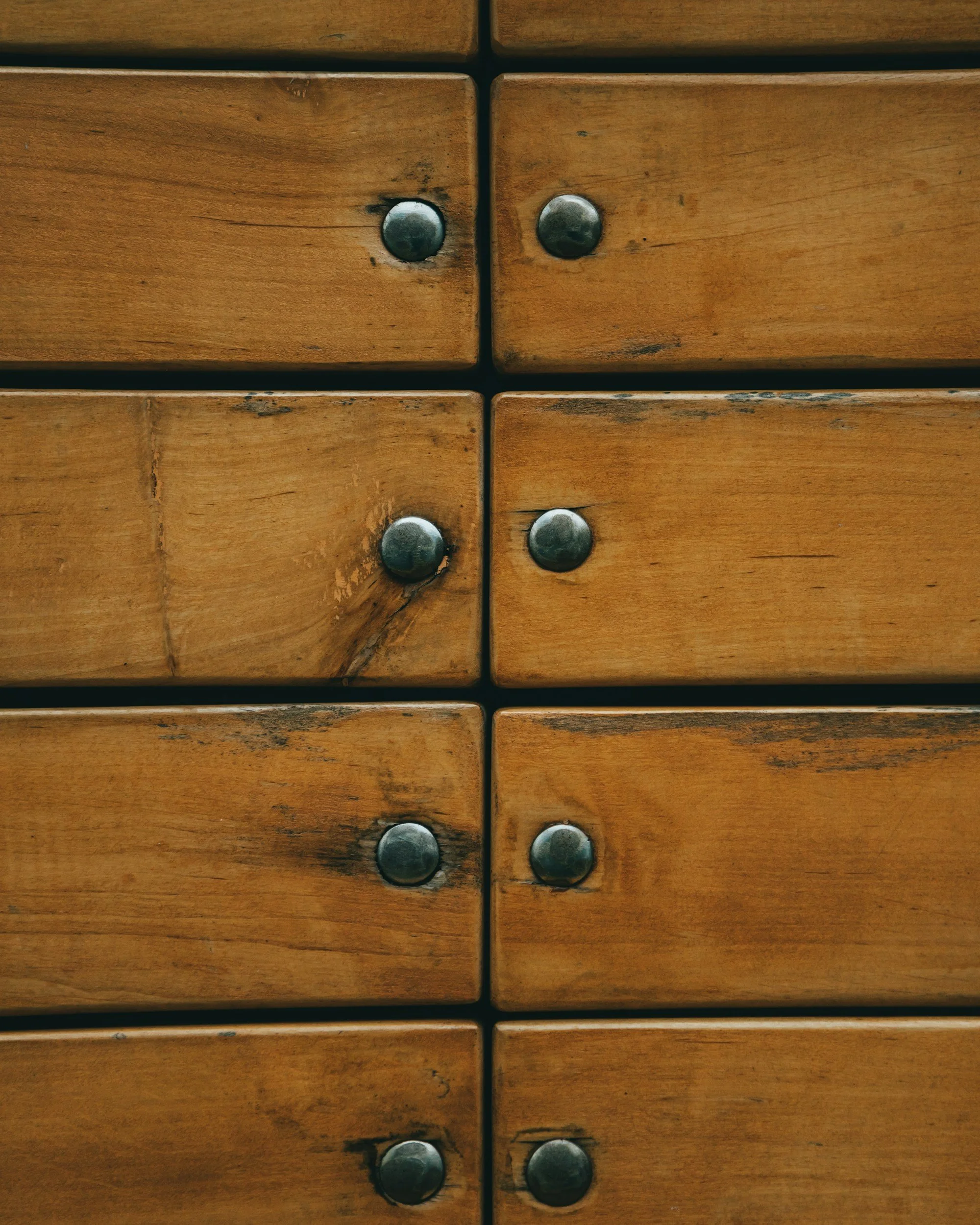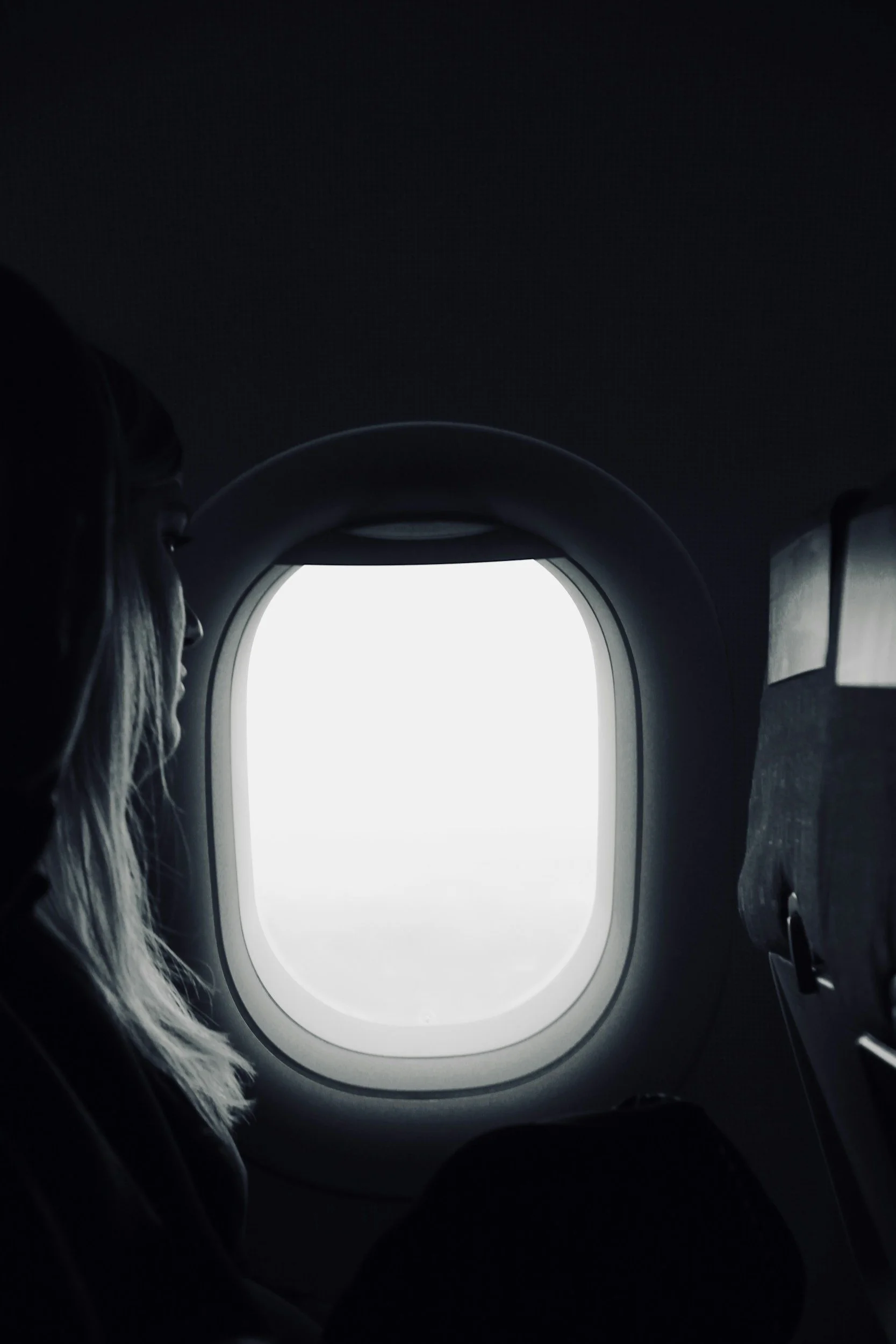Swimming in Memory
At the Y pool, 7:00 AM on a Wednesday morning, my lane stretches before me.
I’m in the chilly water, kept at what I’m told is “competition temperature,” a shock to me my first time here. Nothing to do but swim, swim, swim to try to stay as warm as possible. I’m the only swimmer who has pulled a long sleeved swim shirt over her suit, in addition to wearing swim pants reaching to my calves. After weeks of swimming, I am still not accustomed to the cold water.
I push off from the wall, the first strokes slow, luxuriating in the water, my element for the next forty minutes. Counting laps means I cannot focus on much else. I want to pay attention, keep track. But it’s no effort at all to remember days of learning to swim, of Dad instructing, watching, his swimming stories, his supervision of us as we swam and played in the shabby, kidney-shaped motel pool fifty miles from our home during our annual summer vacation away.
After nearly seventeen years of running a huge lathe at Westinghouse, Inc., on his feet for seven hours daily at his machine, Dad accrued three weeks’ vacation time. He always needed one week at home to catch up on house chores—and sleep, napping whenever he could, not having to rise at 5:30 AM. He needed the rest. After, we spent the remaining two weeks in Mom’s hometown, where her parents, sister, brother, and their families lived, running the meat and grocery store founded long ago by Mom’s father. Though we saw them nearly every week for Sunday dinner, there was never any question about where we’d spend Dad’s vacation: with family. And in the pool. My brother and I wanted nothing more. Cousins! The pool for swimming. Lake Erie/Point Gratiot a short walk away for wading, walks on the beach.
The rest of the year, we heard Dad’s stories about his frequent boyhood outings with friends “down the Shore” in New Jersey, where he grew up swimming in the ocean. We watched ancient black and white Tarzan movies starring his hero Johnny Weissmuller, waiting impatiently for the inevitable plot turn which required Johnny, the Olympic medalist, to dive into the water (“that’s a surface dive,” Dad would say) to rescue some hapless newcomer to Africa, often crocodile wrestling into the bargain.
Dad sat and watched us attentively from a lawn chair at the pool’s edge. Should he need to leave for any reason, we climbed out of the water without complaint. No swimming till he returned. We would not dream of breaking that rule. “Don’t be scared of the water,” he would say. “Respect it.”
He was the best dad of all the dads at the pool, in his late forties then. The other dads balanced big bellies on stick-like legs, their swim trunks sliding down past their navels, their arms skinny too. Not quite six-feet-tall, our dad had muscular arms and legs, his long torso muscled, too. No big gut. He still looked like the athlete he had been in his youth.
We were proud of him.
And more proud on that morning when, unusually, he supervised us fully dressed. Then, suddenly, he was in the deep end of the pool, shoring up a middle-aged woman who began to gasp and flail. Somehow, he got her out of deep water, lifting her to the edge of the pool at the shallow end. Her shaken husband took over from there. It had been so quick. Startled, admiring, we walked back with him to our motel with efficiency; while he showered and changed, we sorted and aired out the contents of his pockets. A little hand-held hair dryer worked beautifully on the bills in his wallet.
He was the best dad at the pool. Or anywhere.
Dad demonstrated strokes: arm movements and kicks for the crawl. But the necessary coordinated breathing eluded me. Despite explanations, head and arm-positioning, I could not quite master it. “But that’s it,” Dad said. “Your stroke is good, good form.” I glowed. “You just have to learn to breathe.”
It seemed like so much to navigate, arms, legs, head movements, knowing when to take a breath, let it out, timing it to my strokes. On land I moved awkwardly, always feeling clumsier than I was, in the big orthopedic shoes that I loathed, so comfortable, so good for my feet, so ugly. Grandma shoes walking next to the loafers and Capri shoes and ballet flats of my friends. Overweight. My thick curly hair untamable, I always felt as though I occupied far more space than I should have and would shrink into myself in public spaces, trying to appear smaller.
But the water. After I navigated the walk to the pool, the embarrassment of me-in-a-bathing-suit, I plunged in. In the water, my very being seemed to come into its own, floating, moving continually, flowing, opening my eyes to marvel at the blue world beneath the surface. Stroke, kick, some gasping because I still didn’t quite know how to breathe, but loving my liquid ease of movement.
Every summer, just for that two weeks—but only for a few years. The job, the machine, which kept Dad so well-muscled into middle-age also spewed the fine red iron particles that he inhaled all day. Lung cancer took him just after his fiftieth birthday.
Back at school at the library soon after his funeral, I took refuge in my books.
I dreaded the required semesters of physical education at my small state college until I found out I could take swim classes. In the first terrible year without Dad, I learned to coordinate my strokes, learned the back stroke, the breast stroke, the side stroke, the crawl.
Finally, I learned to breathe.
-Carmela McIntire
Carmela Pinto McIntire lives in Grand Rapids, Michigan, having moved there after a teaching career at Florida International University, the state university in Miami. She is at work on a memoir focused on her family life in Miami, as well as experimenting with shorter nonfiction pieces.




















